Top 5 Cultural Experiences in Zanzibar

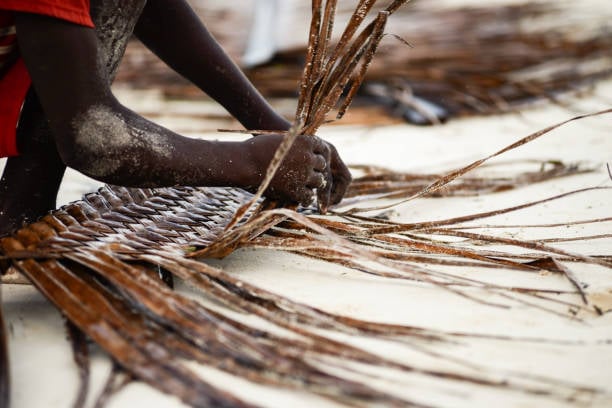
Zanzibar, an island rich in history and culture, offers visitors a unique opportunity to immerse themselves in Swahili heritage. From ancient spice farms to captivating music festivals, here are the top five cultural experiences you must try when exploring this extraordinary island.
1. Tour the Historic Stone Town
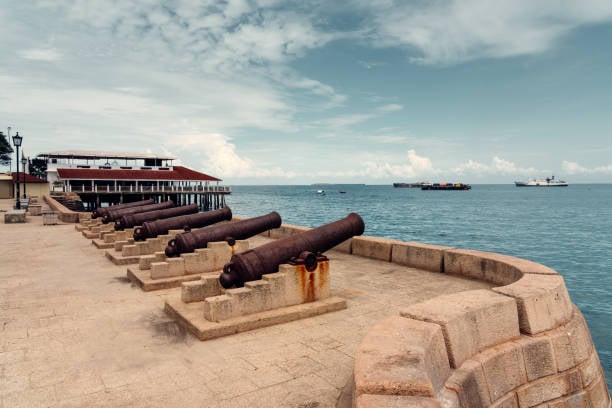
Historical cannon guns, the war monument in Stone Town, Zanzibar
Stone Town, a UNESCO World Heritage Site, is a fascinating blend of African, Arab, Indian, and European influences. Known for its narrow alleys, bustling markets, and intricately carved wooden doors, Stone Town is a must-see for any traveler interested in Zanzibar’s history.
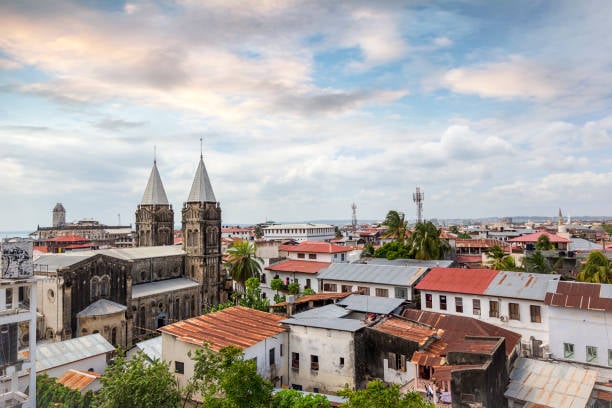
stonetown zanzibar roof-top view over city showing rusted zince roof's and church spires
Why visit Stone Town? Wandering through its ancient streets, you’ll discover historic sites like the House of Wonders, the Old Fort, and the former slave market. The architecture alone tells the story of Zanzibar’s past, from its role in the spice trade to its place in the African slave trade.
For an enhanced experience: If you’d like an easy way to explore without getting lost in the maze, here’s a nice walking tour option that covers most highlights.
2. Experience a Spice Farm Tour
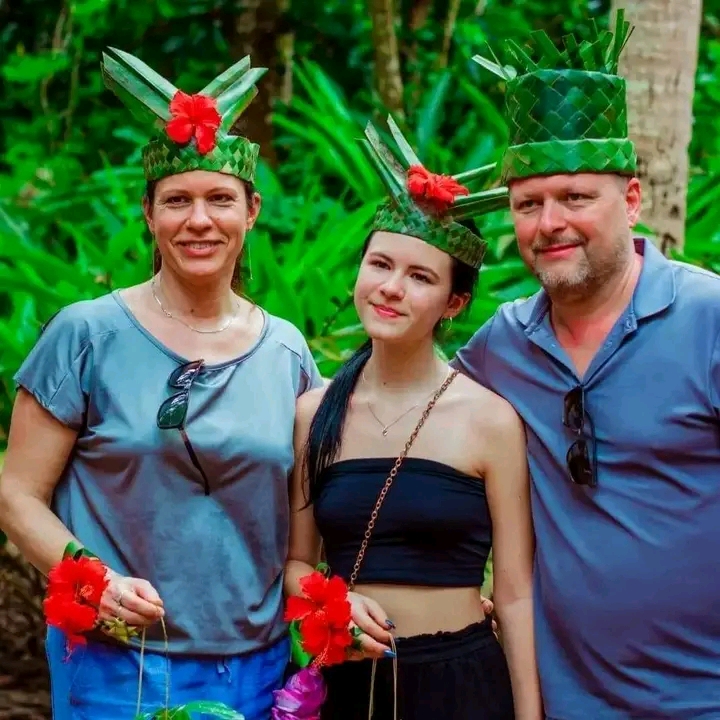
Known as the "Spice Island," Zanzibar’s spice farms offer an immersive journey through the aromas and flavors that have shaped the island’s culture. A spice farm tour allows you to see how cloves, nutmeg, cinnamon, and vanilla are cultivated.
What to expect on a spice tour? If you're curious, there’s also a spice farm experience many travellers enjoy
Guides will walk you through the farm, offering a hands-on experience as you taste, smell, and even sample local recipes made with fresh spices. This experience not only highlights Zanzibar’s rich agricultural heritage but also provides insight into the role spices play in local cuisine and medicine.
Tip for travelers: Bring cash if you’d like to buy fresh spices directly from the farm—a perfect souvenir to take home.
3. Join a Traditional Swahili Cooking Class
Swahili cuisine is an essential part of Zanzibari culture, blending influences from Africa, Arabia, and India. A traditional cooking class offers you a taste of local flavors and the opportunity to learn how to prepare authentic Zanzibari dishes.
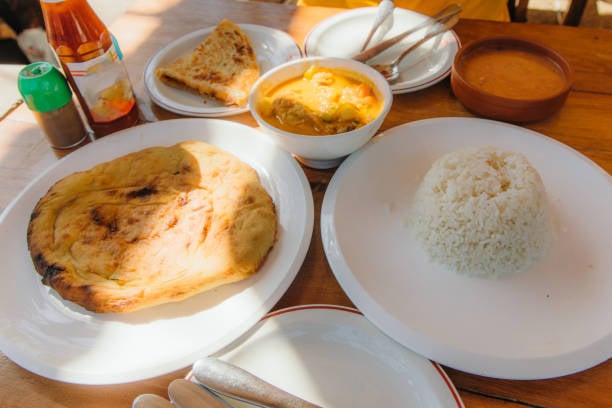
View of the Indian meal with rice and curry - traditional food of Stone Town on Zanzibar
What dishes can you learn? Typical classes cover popular dishes like biryani, pilau rice, and chapati, using spices and ingredients sourced from local markets. Not only will you learn about Zanzibar’s unique culinary heritage, but you’ll also bring home recipes to recreate these flavors.

Insider’s tip: Many cooking classes include a market visit, allowing you to explore Zanzibar’s bustling markets and see where locals source their fresh ingredients.
4. Visit the Jozani Forest and Discover Red Colobus Monkeys
Zanzibar’s Jozani Forest is home to one of the rarest primates in the world: the Zanzibar red colobus monkey. This forest experience offers more than just wildlife sightings—it’s a journey through Zanzibar’s natural heritage and conservation efforts.

What makes Jozani Forest special? Aside from the red colobus monkeys, the forest is filled with unique flora, including towering mahogany trees and lush mangrove swamps. Guided tours provide insight into Zanzibar’s efforts to protect its endangered species and natural resources.
Pro tip: Visiting early in the morning increases your chances of spotting the playful colobus monkeys before the forest gets busier.
5. Enjoy a Dhow Cruise at Sunset
Taking a sunset dhow cruise is both a relaxing and culturally enriching way to end your day in Zanzibar. These traditional wooden boats have been used by Swahili sailors for centuries, serving as a vital part of Zanzibar’s trading history.
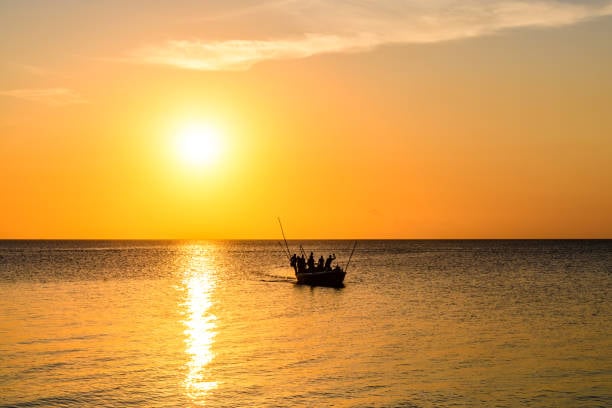
What makes a dhow cruise special? As you sail along the coast, you’ll enjoy breathtaking views of the sunset over the Indian Ocean, with local musicians often providing a live soundtrack to your journey. It’s a serene way to connect with Zanzibar’s maritime traditions.
For a memorable evening: Choose a cruise that includes a Swahili dinner on board, offering a blend of fresh seafood and island flavors.
Zanzibar’s cultural experiences offer visitors a glimpse into a world where traditions thrive. By exploring its historic towns, spice farms, culinary heritage, natural reserves, and maritime traditions, you’ll uncover a deeper understanding of what makes this island truly unique.



